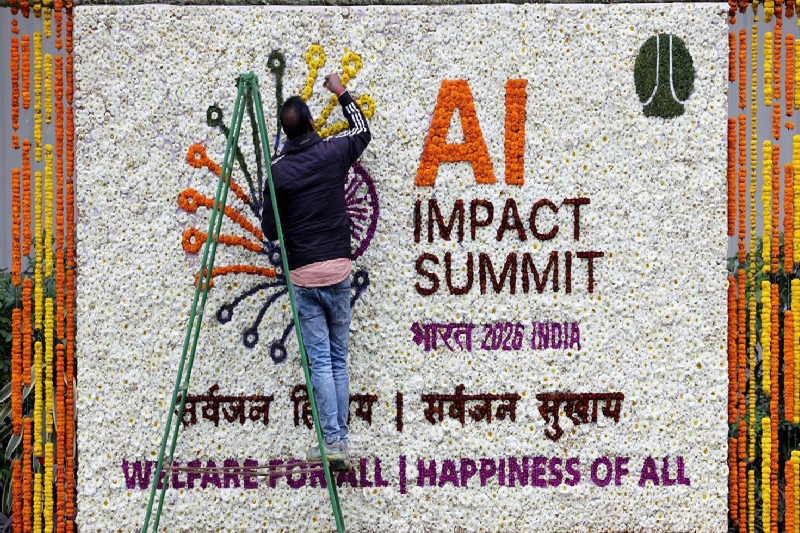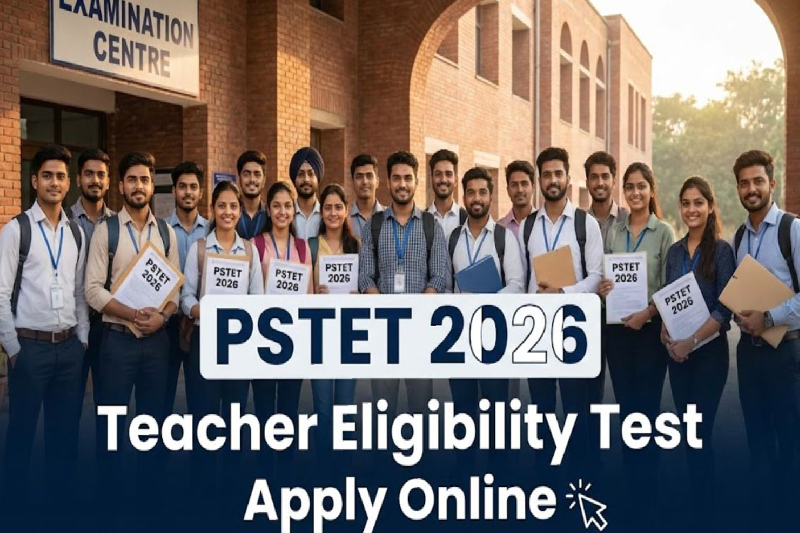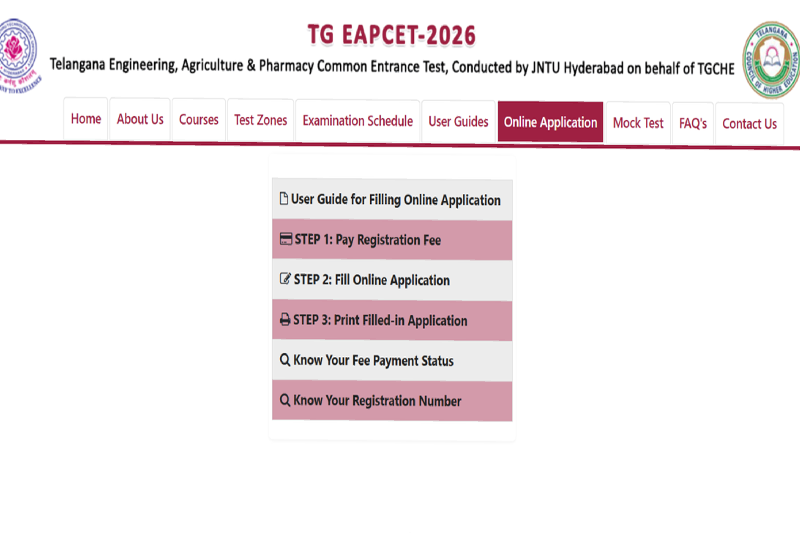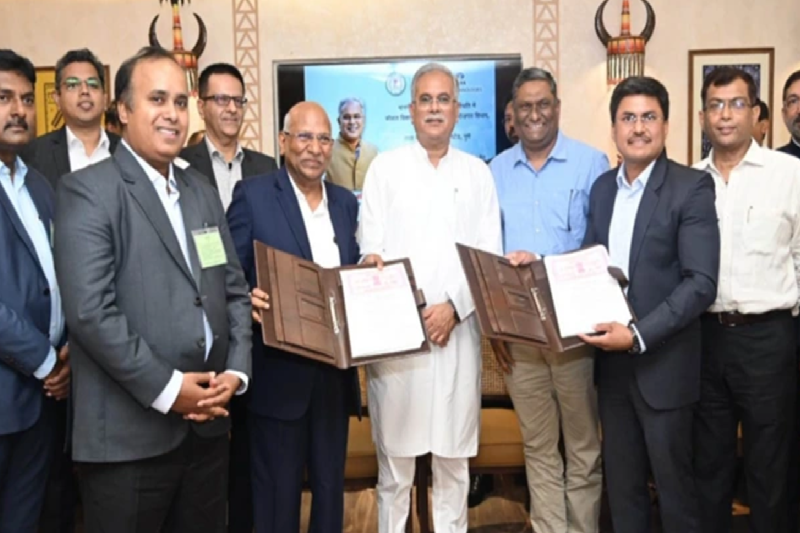
Delhi Government’s Landmark Move: New Bill to Ensure Transparency and Regulation in Private School Fees
In a significant development for thousands of parents and students in the national capital, Delhi Chief Minister Rekha Gupta and Education Minister Ashish Sood have assured concrete action to regulate and bring transparency to private school fee structures. Through introducing the Delhi School Education (Transparency in Fixation and Regulation of Fee) Bill, 2025, the government has committed to empowering parents, curbing arbitrary fee hikes, and restoring trust in the education system.
A Direct Dialogue With Parents: A Commitment to Fairness
On Saturday, Chief Minister Rekha Gupta and Education Minister Ashish Sood interacted directly with parents of private school students from across Delhi. The dialogue, attended by stakeholders from various parts of the city, provided a platform for parents to express their concerns and appreciation for the newly proposed legislation.
Parents lauded the bill as a “landmark decision” that could bring long-term relief for students and their families. The chief minister reassured the gathering, stating, “The government will ensure no injustice is done to students in Delhi’s schools. If any school harasses parents or students over fees, they can directly approach my office or the education minister.”
Key Features of the Delhi School Education (Transparency in Fixation and Regulation of Fee) Bill, 2025
Chief Minister Gupta underscored that the new bill—applicable to all 1,677 private schools in Delhi—aims to regulate fee structures through a transparent, participatory process. According to the official statement, the mechanism will mandate the involvement of:
Parents
School managements
Other relevant stakeholders
This collaborative process will ensure that management does not unilaterally decide on school fees, as has been the case in the past.
Gupta described the bill as a “historic move” designed to end arbitrary hikes and create an equitable framework for all parties involved. The legislation comes after years of grievances from parents who faced steep and unexplained fee increases without recourse or accountability.
Strengthening Public Education: CM Shri Schools Initiative
During the interaction, the chief minister highlighted the government’s parallel focus on enhancing public education infrastructure. As part of this initiative, 65 new CM Shri Schools are being established across Delhi. These institutions are envisioned to offer high-quality facilities comparable to private schools, encouraging parents to consider government schools viable alternatives.
This move is expected to reduce dependency on private schools and increase healthy competition, pushing all educational institutions towards improved quality and affordability.
Addressing Past Injustices: A New Era of Accountability
Education Minister Ashish Sood, while addressing parents, provided historical context to the need for reform. He pointed out that under the previous government, annual fee hikes by private schools occurred without meaningful oversight, leading to widespread dissatisfaction and erosion of public trust.
Sood remarked, “Parents were left helpless, and trust in the system declined. Unofficial arrangements between school authorities and officials compounded the problem.”
He specifically cited a case involving a private school in Dwarka, where parents had been protesting unjustified fee hikes since 2020. Despite continuous demonstrations, no official action was taken until the new administration took power in 2025.
Under the leadership of Chief Minister Gupta and with guidance from Prime Minister Narendra Modi, the Delhi government formed a committee led by the District Magistrate to investigate the case. The committee's report resulted in Delhi High Court orders against fee irregularities, marking the first instance of legal intervention.
Empowering Parents: Open Access to Government Offices
A cornerstone of the new regulatory approach is the open-door policy that Gupta and Sood advocate. Parents facing harassment or unjust demands related to fees can now directly approach the offices of the chief minister or the education minister, ensuring faster redressal and increased government accountability.
This direct access mechanism is a decisive shift from earlier times, when parents often struggled to have their grievances heard by authorities.
A Systematic, Transparent Future for School Fee Regulation
The bill’s emphasis on mandatory stakeholder participation in fee fixation introduces a systemic shift towards fairness and transparency. The new process is designed to prevent arbitrary decisions and promote consensus-building by involving parents, management, and other parties equally.
Chief Minister Gupta asserted that the initiative is part of her administration’s vision to protect students’ educational rights and ensure affordability in quality schooling. As Gupta noted, “We are committed to safeguarding the interests of both parents and students.”
Conclusion
The Delhi School Education (Transparency in Fixation and Regulation of Fee) Bill, 2025, is more than just a legislative reform—it represents a powerful commitment to rebalancing the educational ecosystem in Delhi. With stringent regulation, stakeholder inclusion, public education enhancement, and direct redressal avenues, the Delhi government is taking a decisive step toward making education more transparent, accountable, and accessible for all families in the capital.



